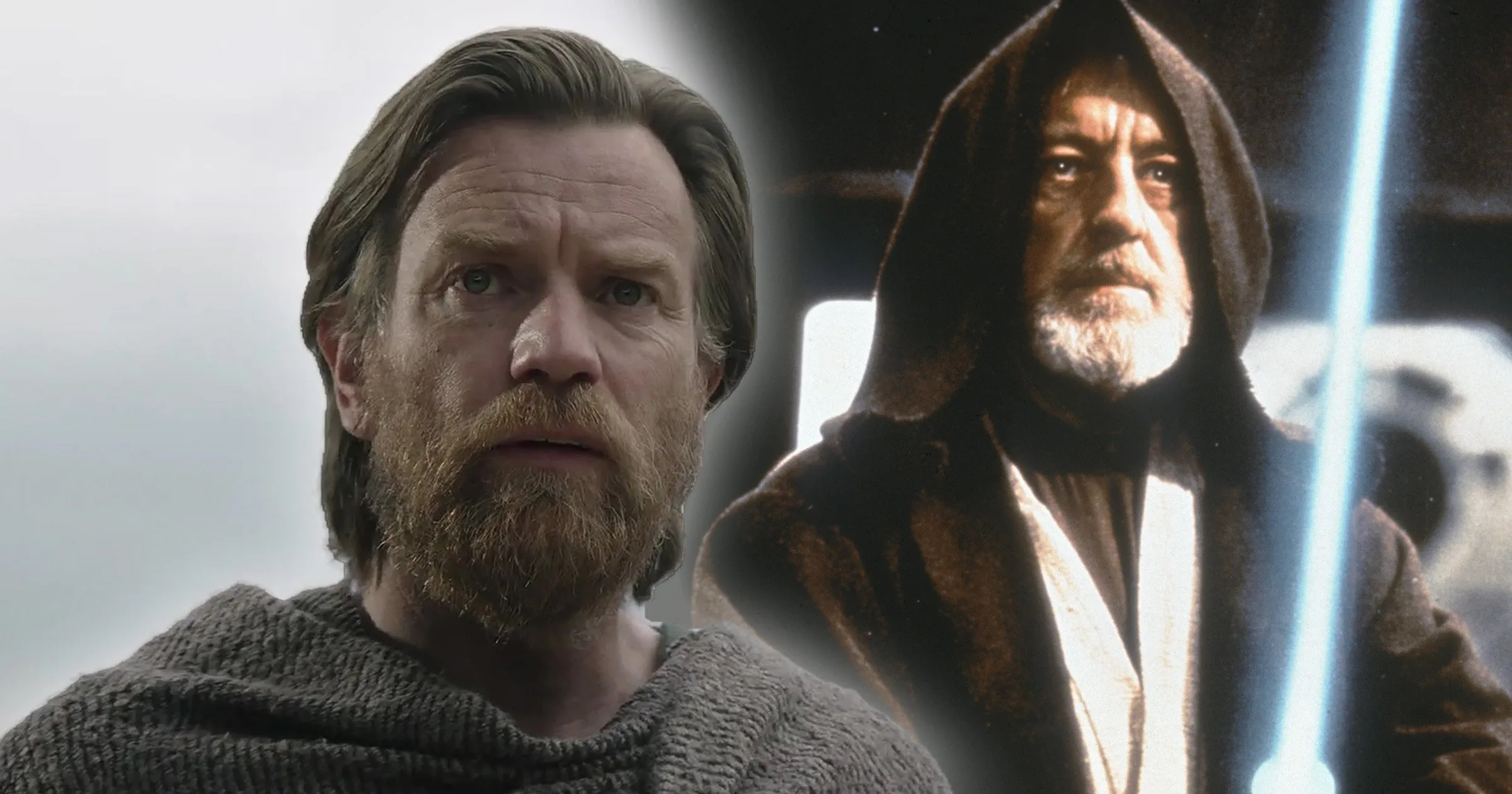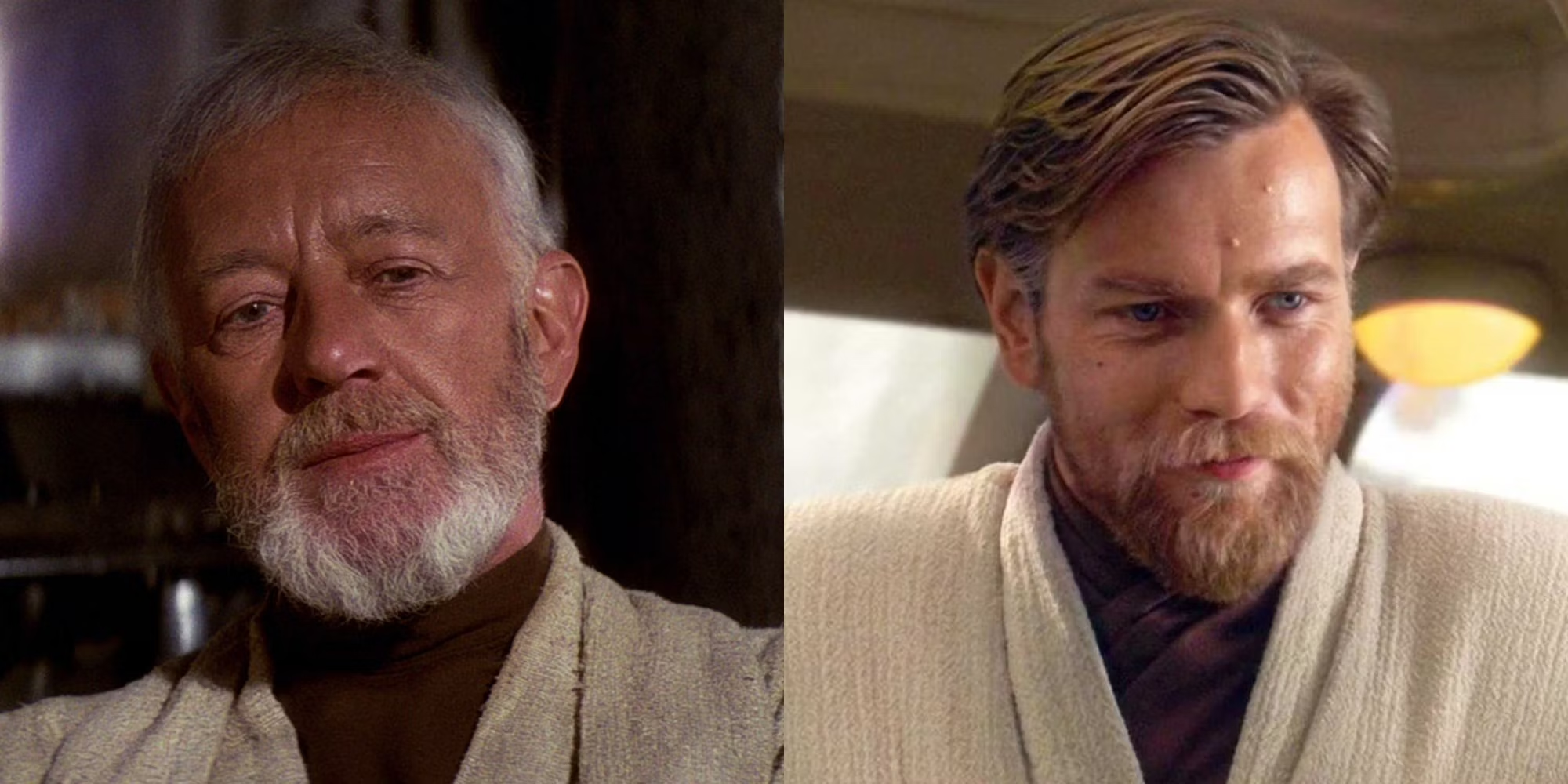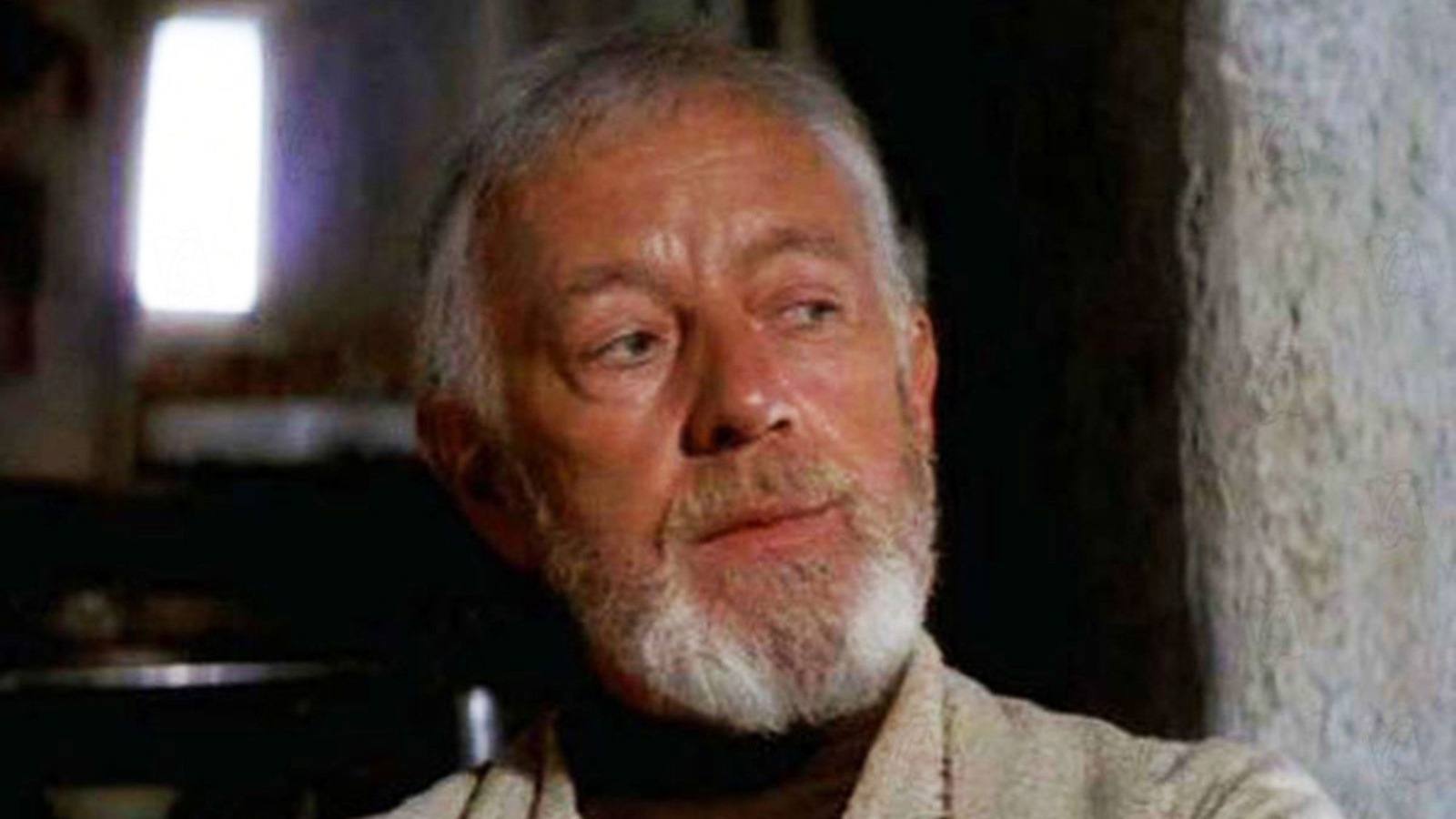Alec Guinness, an esteemed actor well before his venture into a galaxy far, far away, left an indelible mark on the cinematic universe of Star Wars. Best known for his portrayal of Obi-Wan Kenobi in George Lucas’s 1977 breakthrough, Star Wars: Episode IV – A New Hope, Guinness brought more than just his acting prowess to the set. He emerged as a pivotal figure in the scripting and development stages of the film, influencing its narrative direction and deepening its impact.
From Script to Screen: Guinness’s Pivot to Sci-Fi
Although initially reluctant due to his disinterest in science fiction, Guinness’s engagement with the Star Wars script was transformative. During an interview on the show Parkinson in 1977, Guinness expressed his initial hesitation:
“A script arrived on my dressing table… and when I opened it and saw that it was science fiction I thought, ‘Oh crumbs, this is simply not for me’.”
Despite his reservations, he recognized the potential in the script, saying:
“I thought the dialogue was pretty ropey, but I had to go on turning the page. That’s an essential in any script.”
His skepticism didn’t last long as he saw room for significant improvements. It was his suggestion that Obi-Wan Kenobi should die before the film’s finale, a creative decision that would heighten the emotional stakes and influence the saga’s future dramatically.

A Rewarding Collaboration
Recognizing the value Guinness brought to the film, George Lucas didn’t hesitate to show his gratitude. The partnership between Lucas and Guinness evolved into a financial agreement rewarding the actor with a share of the film’s profits. Initially set at 2% of the director’s royalties, Lucas made a surprising call to Guinness on the eve of the premiere, as recounted by the actor:
“The day before the film opened in San Francisco, George Lucas phoned me and said ‘I think the movie’s going to be all right… We’re very grateful for the little alterations you suggested, so we’d like to offer you another half percent, by making it 2.5%’.”
This gesture not only exemplified the mutual respect between director and actor but also underscored the significant impact Guinness had on the film.

A Legacy Cemented in Film and Finance
The success of Star Wars: Episode IV – A New Hope was unprecedented, raking in $775 million globally and establishing itself as the highest-grossing film of 1977. The film’s reception, boasting an 8.6/10 on IMDB and a stellar 93% on Rotten Tomatoes, set the stage for what would become one of the most enduring and lucrative franchises in film history.
Alec Guinness’s role as Obi-Wan Kenobi transcended his performance on screen, reflecting a deeper involvement that shaped the very core of the Star Wars legacy. His contributions, though initially driven by a contractual agreement, ultimately reflected his commitment to enhancing the narrative depth and emotional resonance of the saga, ensuring its success and relevance across generations.
The story of Alec Guinness and Star Wars is a testament to the profound impact collaborative creativity can have on cinematic history. It’s a narrative that continues to inspire both filmmakers and audiences, reminding us that sometimes, the most influential heroes are the ones behind the scenes.

